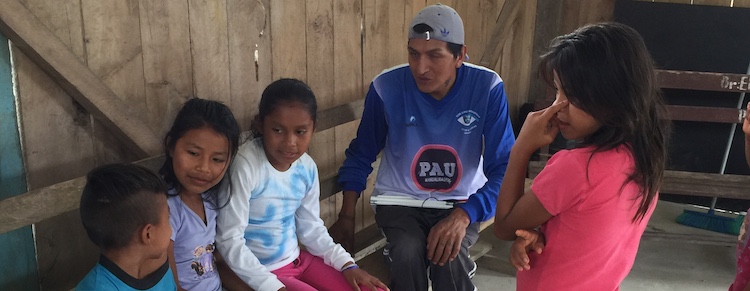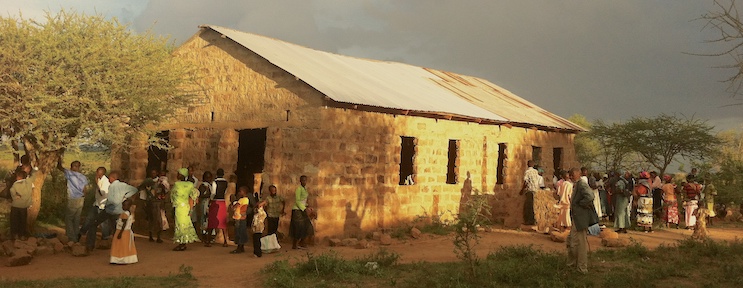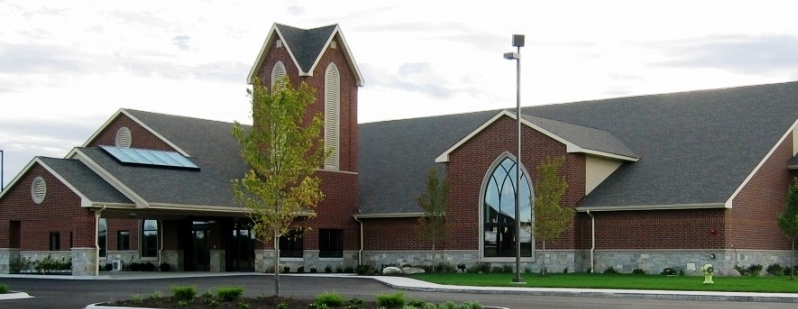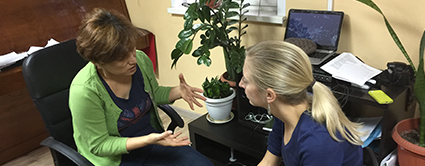Academia
Traditionally the topic of Bible story telling has been relegated to children or discussions on how to communicate the Bible to non-literate or semi-literate learners on the mission field. As a result, in the past there has not been that much serious academic research done in the field of orality. However, in more recent years there has been an increasing interest in the field of orality with the production of many books, papers and theses on the subject. Part of this interest has been the acknowledgment that we have entered fully into a digital age and a generation that have been called "secondarily oral" learners. People have increasingly shorter attention spans as they browse and scan their phones and computers looking for mainly short video driven presentations which often include a narrative storyline. The resulting impact on education has caused many academicians to revisit the discipline of orality. They are seeing just how impactful it is not just for mission in relation to the majority world but also how relevant it is for today's digital natives.
The early days of Simply the Story saw its primary growth with practitioners who were working primarily in the majority world among more primarily oral learners. Yet as the method developed and more workshops were taught to more literate audiences, the validity of the approach became to be recognized by scholars in academia. Sensing this interest, a deliberate attempt was made to affect the "gatekeepers" in various institutions. What is taught at the Bible school and seminary level significantly shapes the way that ministers of the gospel communicate. If those who influence future leaders see the validity of orality and Bible story telling and find that it is backed up by solid qualitative research, then they will be more apt to include orality in their curriculums.
Simply the Story is helpful in such contexts because it follows what is called "Inductive Bible Study in an Oral Style". A key component is that students get to see an approach that is truly oral by striving not to use notes or printed material in the training. Often in such classes, foundational principles of orality are introduced in a more traditional academic and lecture-type approach, but after the underlying theory is established, a student is then prepared for the practical component of STS where the student gets a true feel of how to absorb, observe and retell a story in a small group setting. Bible Schools and Seminaries are increasingly including such theoretical-practical type courses in their curriculums. As interest grows and more research is done on the dynamics of orality, there will be even more need for the practical component of story telling which STS delivers so well.






